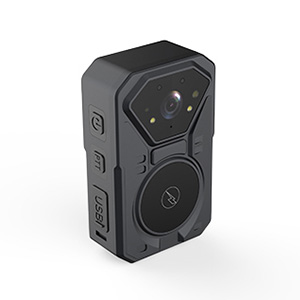
# Police Body Worn Cameras: Enhancing Transparency and Accountability in Law Enforcement
## The Rise of Body-Worn Cameras in Policing
In recent years, police body-worn cameras (BWCs) have become an increasingly common tool in law enforcement agencies worldwide. These small devices, typically attached to an officer’s uniform, record audio and video interactions between police and the public. The adoption of this technology represents a significant shift in modern policing practices, aiming to increase transparency and accountability while protecting both officers and civilians.
## How Body Cameras Improve Police Work
Body-worn cameras serve multiple purposes in law enforcement:
- Documenting evidence at crime scenes
- Recording interactions with suspects and witnesses
- Providing an objective record of police-public encounters
- Helping with officer training and performance evaluation
- Reducing complaints against officers
The Impact on Police-Community Relations
One of the most significant benefits of body cameras is their potential to improve trust between law enforcement and the communities they serve. When both officers and civilians know their interactions are being recorded, studies show that:
- Use of force incidents tend to decrease
- Complaints against officers often decline
- Civilians may feel more confident in police interactions
- Officers report feeling more protected against false accusations
Challenges and Considerations
While body cameras offer numerous benefits, their implementation isn’t without challenges:
| Challenge | Potential Solution |
|---|---|
| Privacy concerns | Clear policies on when to record |
| Data storage costs | Cloud solutions and retention policies |
| Public access to footage | Balanced transparency protocols |
| Officer compliance | Regular audits and accountability |
The Future of Body-Worn Camera Technology
As technology advances, we can expect to see more sophisticated features in police body cameras, such as:
Keyword: police body worn camera
- Real-time streaming capabilities
- Facial recognition integration (with appropriate safeguards)
- Automatic activation in certain situations
- Improved battery life and storage capacity
- Integration with other law enforcement technologies
While body-worn cameras are not a panacea for all policing challenges, they represent an important tool in the ongoing effort to create more transparent, accountable, and effective law enforcement practices. As the technology evolves and best practices emerge, these devices will likely play an increasingly vital role in modern policing.